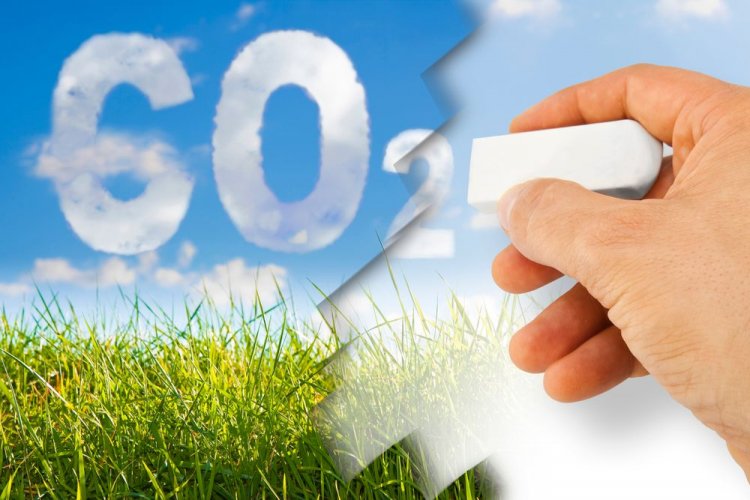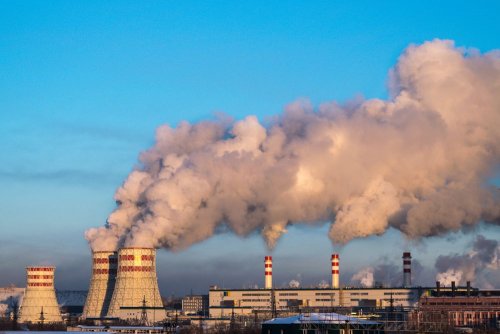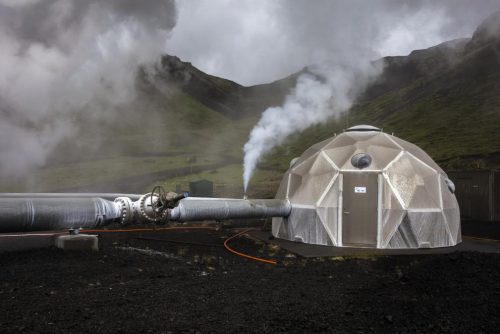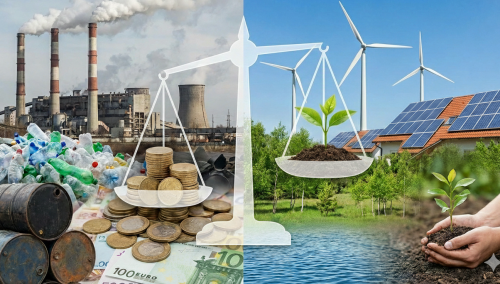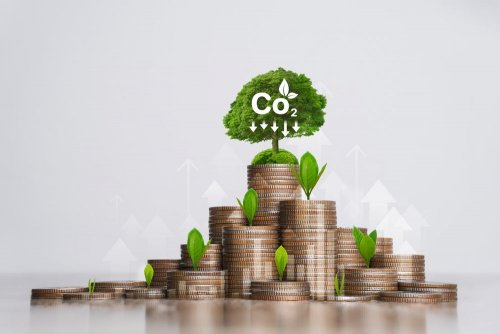In 2022, six new subnational governments in Costa Rica, India and Kenya have committed to decarbonising the built environment by joining the WRI's Zroba Carbon Building Accelerator (ZCBA) program.
ZCBA will help develop action plans at the local level that outline steps to achieve the decarbonisation of buildings by 2050 while improving air quality and green jobs, according to TheCityFix.
Building construction accounts for almost 40% of energy-related CO2 emissions worldwide, which is one of the biggest drivers of climate change. In addition, the latest IPCC report has shown that decarbonisation of buildings should be a key pillar of global emission reduction efforts.
Since 2021, the ZCBA, funded by the Global Environment Facility and supported by the United Nations Environment Program, has been working in Colombia and Turkey to develop national roadmaps and agree on city action plans to decarbonise construction.
"Every dollar invested in efficiency saves $ 2 on new electricity generation and distribution costs," the report said.
ZCBA action plans will be aligned with existing national and local climate goals and tailored to the specific government.
The new ZCBA member cities and governments in India (Nagpur), Kenya (Laikipia County) and Costa Rica (Belen, Kurridabat, Moravia and Santa Ana) will set their own goals, analyze gaps in their current situation and identify unique actions needed. to limit emissions and improve the quality of life by decarbonizing buildings throughout their life cycle.
Under the program, ZCBA will support governments in accelerating market transformation and moving to a healthier and cleaner environment through short-, medium- and long-term activities and the development of local pilot projects.
Program participants will work closely with local implementing partners, WRI technical experts and the wider ZCBA network, including Konya and Gaziantep in Turkey and Bogotá and Cali in Colombia, to share knowledge and best practices. These joint efforts will help them change policy and support pilot projects that help build decarbonisation and create a fair, healthy and sustainable environment.
It will be recalled that the EESC stated that energy-efficient buildings will help to overcome energy poverty.
As EcoPoliticа previously reported, the European Union is allocating 1.1 billion euros for the development of seven large-scale industrial low-carbon initiatives.

